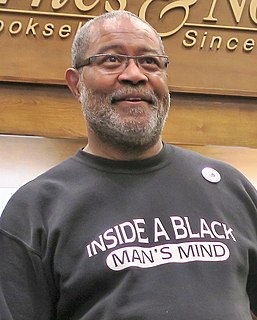A Quote by Andres Serrano
Some people have compared the Klan images to ecclesiastical figures.
Related Quotes
I am myself a professional creator of images, a film-maker. And then there are the images made by the artists I collect, and I have noticed that the images I create are not so very different from theirs. Such images seem to suggest how I feel about being here, on this planet. And maybe that is why it is so exciting to live with images created by other people, images that either conflict with one's own or demonstrate similarities to them.
Only a few kinds of images force you to shut your eyes: death, suffering, the opening of the body, some aspects of pornography for some people, and for others, giving birth. In this case, the eyes become black holes in which the image is absorbed willingly or unwillingly, these images are swallowed up and hit just where it hurts, without passing though the usual filters.
A Klan member is not stamped from a standard cookie cutter. They come from all walks of life and various education levels and environmental situations which have led to their decision to join the Klan. The one common denominator that all share is lack of exposure to others who may not look like them or believe as they do.
There's a black lawyer in Galveston, Texas, who was the unpaid NAACP general counsel in Texas. He had a great record in housing discrimination, labor discrimination. He decided to take as a client a member of the Ku Klux Klan because the state wanted to get the membership lists of the Klan to find out if they could get something on the Klan. And he said, `I got to take you. I despise you. But we, the NAACP, won that case; NAACP vs. Alabama in the 1950s. Nobody has the right to get your membership lists.' He was fired from the NAACP. To me, he's a hero.


































